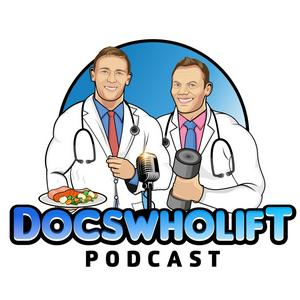Key Episode Takeaways
Oral Wegovy is real, but it’s not “just a pill version of the shot.” Absorption rules, dosing schedules, and patient selection matter a lot more than most headlines suggest.
Switching from injections to oral GLP-1s requires a plan. The transition isn’t one-size-fits-all, and dose timing, GI tolerance, and expectations need to be managed carefully.
Weight regain after stopping GLP-1s is common, but not universal. SURMOUNT-4 data shows large variability, reinforcing that biology, not willpower, drives outcomes.
Maintenance matters as much as weight loss. Some patients need continued therapy at lower doses, while others may maintain with lifestyle plus strategic medication use.
Stopping abruptly is usually the worst approach. Gradual transitions and realistic long-term strategies reduce rebound weight gain.
GLP-1s are chronic disease tools, not short-term fixes. Treating obesity like hypertension or diabetes leads to better outcomes and fewer surprises.
Hosted by Simplecast, an AdsWizz company. See pcm.adswizz.com for information about our collection and use of personal data for advertising.


